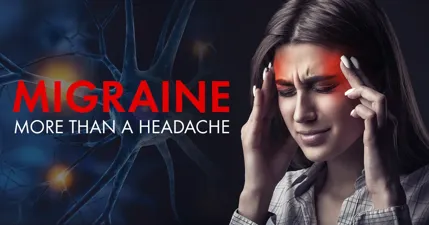Massage therapy is more than a relaxing luxury; it’s a proven way to enhance physical and mental health. Beyond easing stress and tension, massages contribute to improved circulation, pain relief, and emotional well-being. This article delves into various types of massage therapy, how they work, and their profound benefits for overall wellness.
![]()
Exploring Different Types of Massage Therapy
Massages come in diverse forms, each tailored to unique needs and goals.
- Swedish Massage: Ideal for relaxation, this technique uses long, smooth strokes to ease muscle tension and promote tranquility.
- Deep Tissue Massage: Focused on alleviating chronic muscle tension, it involves firmer pressure targeting deeper layers of muscle tissue.
- Hot Stone Massage: A blend of traditional massage methods with heat therapy, using warmed stones to soothe and loosen muscles.
- Sports Massage: Tailored for athletes, this approach prevents injuries and improves flexibility and performance.
By understanding these options, you can select the perfect therapy to address stress, pain, or specific therapeutic needs.
How Massage Therapy Reduces Stress and Promotes Relaxation
Massage therapy is renowned for its stress-relieving benefits. During a session, your body releases endorphins, the natural "feel-good" chemicals that elevate mood and reduce anxiety. Simultaneously, massage lowers cortisol levels, a stress hormone linked to anxiety and tension. This combination results in profound relaxation, making massages an effective remedy for both physical and mental stress.
The Physical Health Advantages of Massage
Massages provide numerous physical health benefits:
- Enhanced Circulation: Improved blood flow brings oxygen and nutrients to muscles and tissues, speeding up healing and reducing inflammation.
- Alleviated Muscle Soreness: Regular massages reduce post-exercise pain and tension.
- Improved Flexibility: Targeting tight muscles helps restore range of motion and prevents stiffness.
- Chronic Pain Relief: Effective for managing conditions like lower back pain or arthritis, massage therapy offers long-term relief from discomfor
Mental and Emotional Benefits of Massage Therapy
The calming effects of massage extend to mental health. A session fosters mindfulness, creating a break from daily stressors and encouraging relaxation. Studies reveal that massages can alleviate symptoms of anxiety and depression, offering a natural way to boost emotional resilience. Furthermore, regular massages can enhance sleep quality by reducing tension and promoting deep relaxation, ultimately improving your overall emotional balance.
Massage Therapy for Recovery and Pain Management
For those recovering from injuries or surgeries, massage therapy plays a critical role:
- Speeds Healing: Reduces inflammation and promotes mobility.
- Eases Muscle Spasms: Relieves discomfort in healing muscles.
- Breaks Down Scar Tissue: Improves flexibility in areas affected by injuries.
Whether dealing with a sports injury or post-surgical recovery, massage therapy is an invaluable tool for accelerating rehabilitation and reducing pain.
Incorporating Massage Therapy into Your Routine
Integrating massage therapy into your lifestyle can yield remarkable long-term benefits. Here’s how to make it part of your wellness routine:
- Start with a Monthly Session: Regular sessions help sustain physical and mental well-being.
- Mix Techniques: Alternate between relaxation-focused Swedish massages and targeted deep tissue therapy for comprehensive care.
- Prioritize Self-Care: Treat massages as an essential component of a healthy routine, just like exercise and nutrition.
Conclusion
Massage therapy offers far-reaching benefits for both body and mind, from stress relief and enhanced circulation to pain management and emotional balance. By choosing the type of massage that fits your needs and committing to regular sessions, you can achieve a healthier, more relaxed, and fulfilled lifestyle. Whether it’s a soothing Swedish massage or a restorative deep tissue treatment, the gift of massage therapy is an investment in your well-being.


